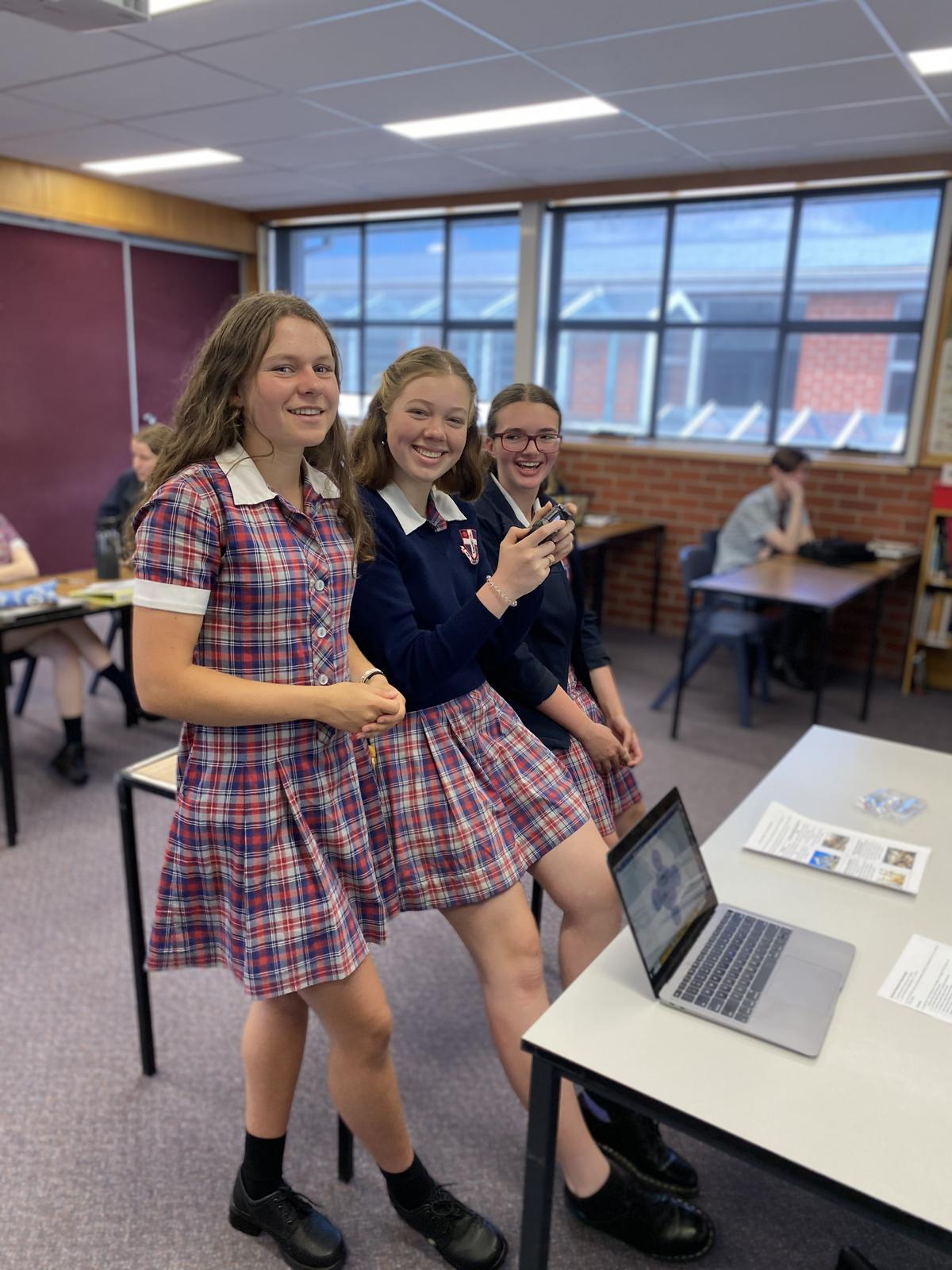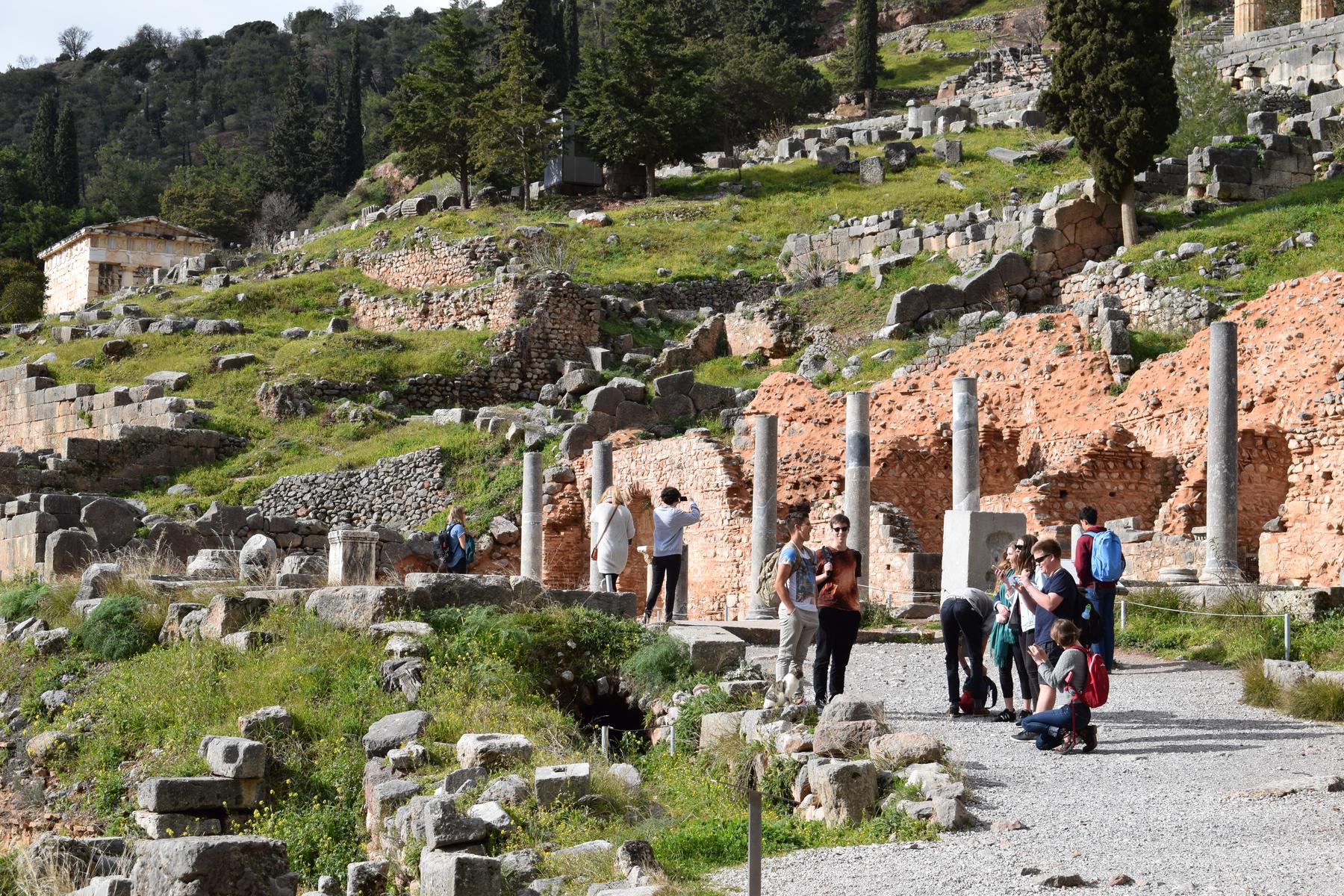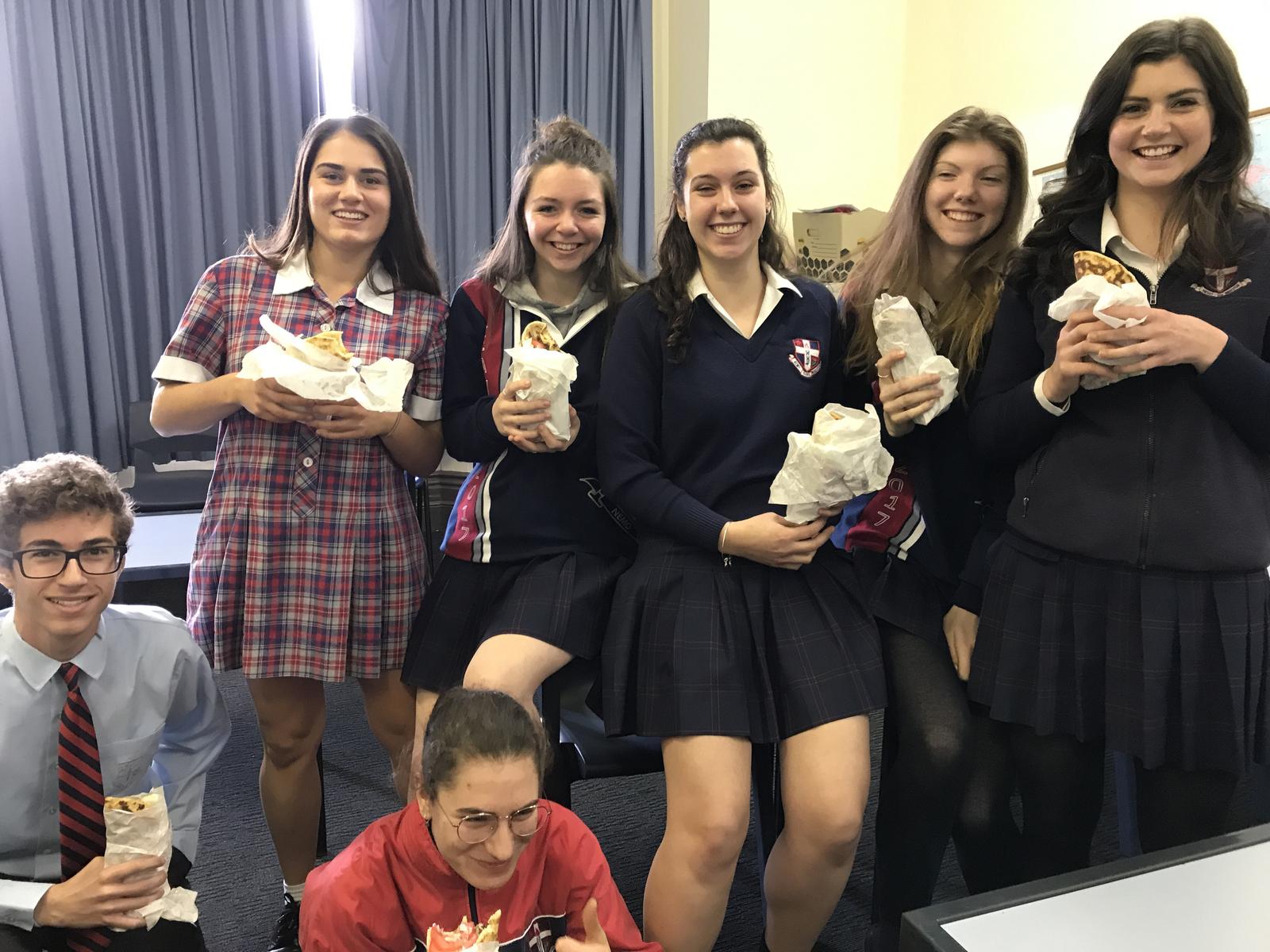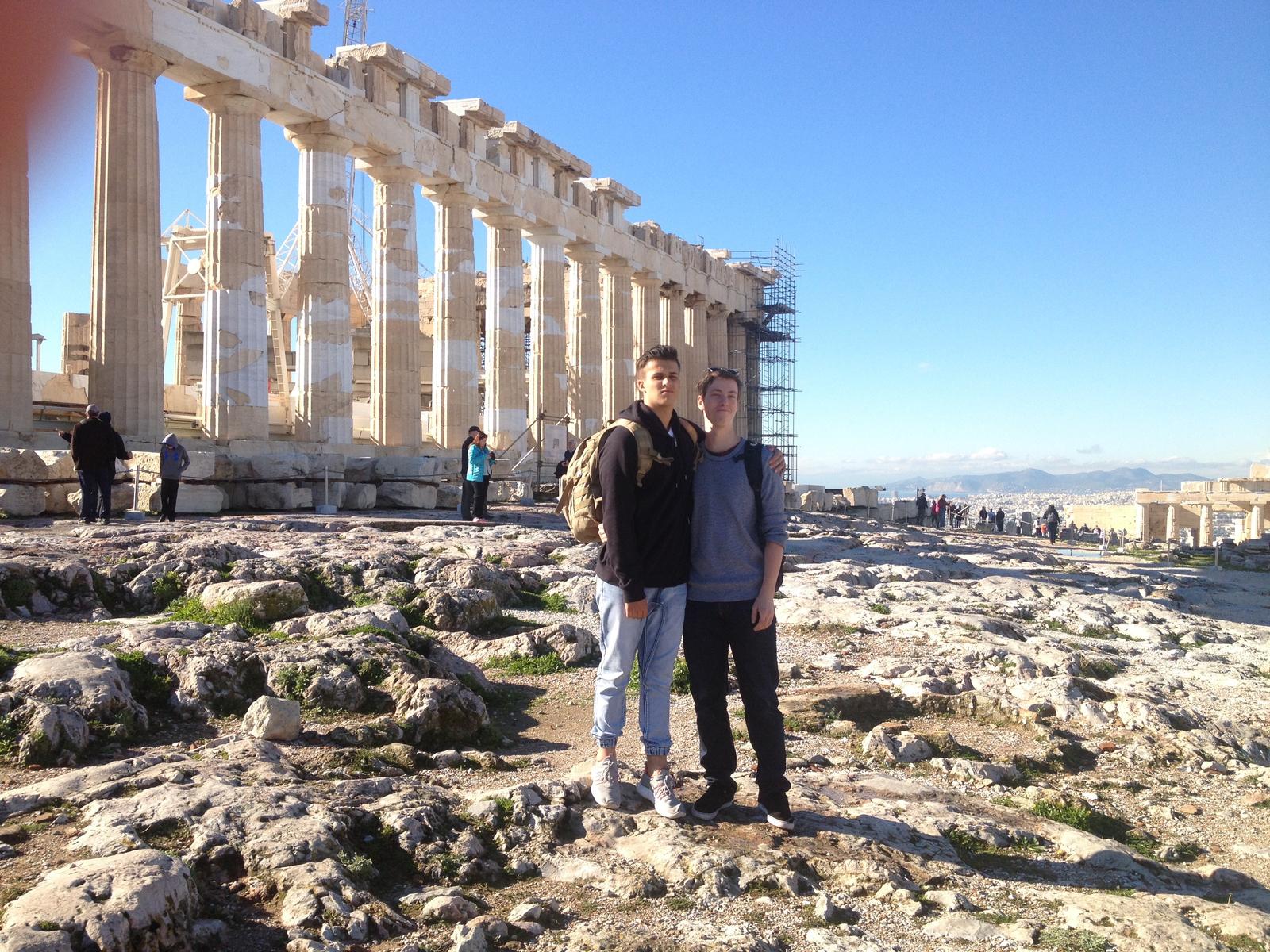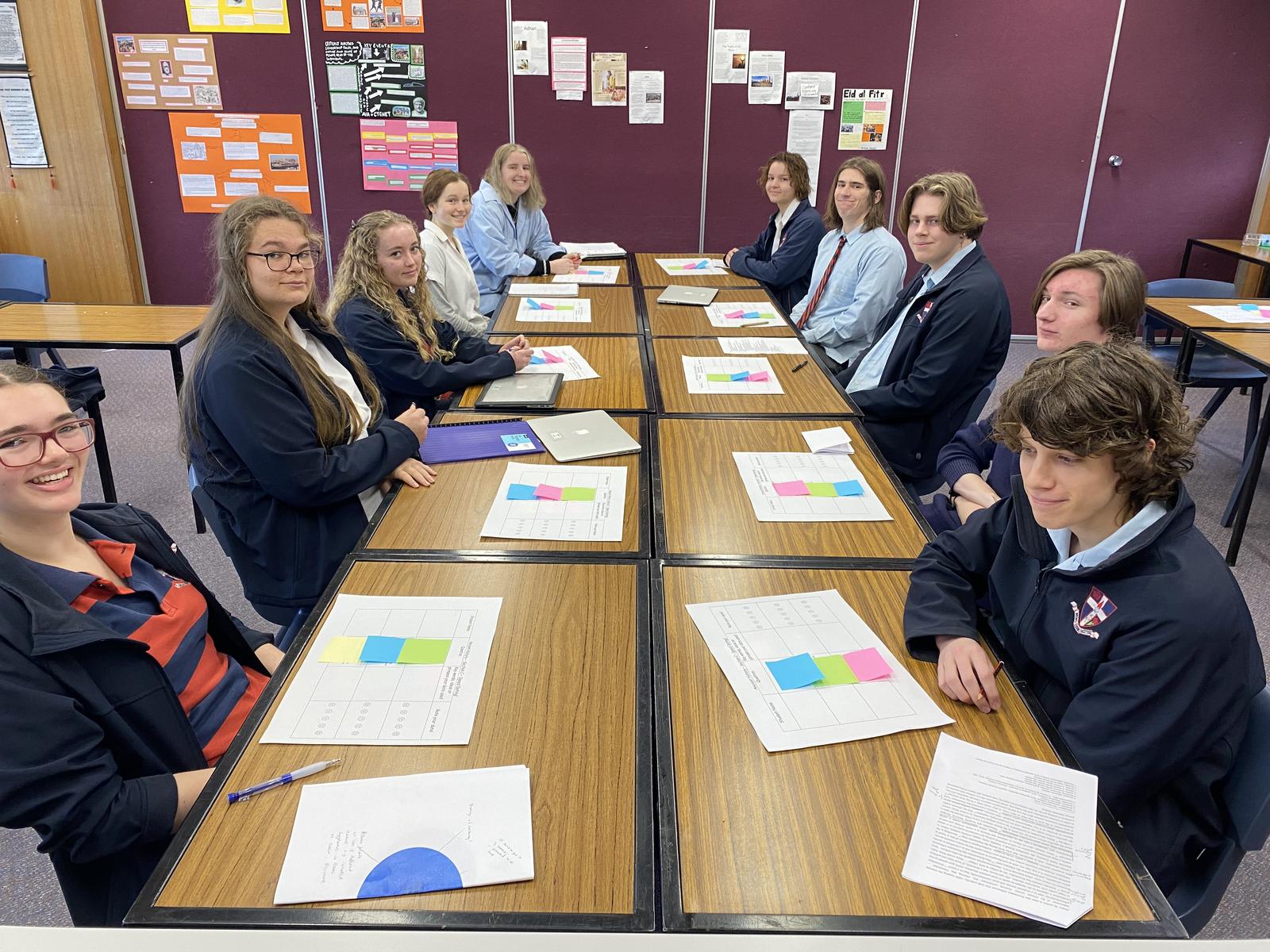TCE Ancient History Level 3

TCE Ancient History Level 3
| 🎓Course Type | Pre-tertiary |
|---|---|
| TASC Code | ANH315117 |
| TCE Points | 15 |
| ⏱Hours | 150 |
| ✔️Standard | Reading and Writing |
| 📚Prerequisites | NA |
📎Desirable prior experiences | nil |
| 📝Assessment | Internal - ongoing against criteria External- 3 hour examination |
What will I learn?
Ancient History is intent on stimulating curiosity and imagination. We want to enrich our appreciation of humanity, discover the origins of western values and systems. Challenge these and identify the occasions when they shaped by interaction with multiple peoples and civilisations.
The study of Ancient History illustrates the development of some of the distinctive features of contemporary societies including how we organise ourselves socially, how and why we engage in the practice of organised violence and how religion and governance can become intertwined.
Ancient History is also concerned with the possible motivations and actions of individuals and groups, and how they shaped the political, social and cultural landscapes of the ancient world.
The course is divided into four sections:
Introduction - As no prior knowledge is needed, students are introduced to ancient society including:
- key events
- values and beliefs
- geographical context
Section A - Investigating the Ancient Past
This unit provides an introduction to the nature of the remaining evidence of the ancient past and issues relevant to the investigation of the ancient world.
- Why were temples and treasuries built?
- Why were dedications made to the gods?
- How could religious ritual be used for personal and political means?
- What are the limitations which stem from "digging" up the past?
Section B - Structure of Ancient Society
This unit will see students study four key elements:
- political
- social
- economic
- cultural
Students will also investigate key features including:
- Women and families - What were the experiences, expectations and roles that women played in ancient society?
- Weapons and warfare - How, when and for what purposes were wars fought in the ancient world?
- Beliefs and rituals - How significant were myths, legends and religious beliefs in ancient society? What was the impact of the dominant rituals and beliefs?
Section C - Nature of Power and Authority in an Ancient Society
This unit will see students discover to what extent outstanding historical individuals:
- are the product of their society
- shaped their society
- used various methods to execute power and authority
- legacies are shaped by contemporary bias or limitations of the evidence
Why should I consider this course?
If you are about to begin Year 11 or Year 12 and:
- are interested in learning about the ancient world
- enjoy reading texts and watching films about people, places and events from the past
- prefer a variety of learning activities and assessment tasks
- want to develop your ability to build evidence based arguments in Year 11/12, university, or the workplace
- preparing for or supporting senior courses in Year 11/12 or University which require you to acknowledge the origin of your information
What Skills does this course provide?
• Analytical thinking and innovation
• Active learning and learning strategies
• Complex problem solving
• Critical thinking and analysis
• Creativity, originality and initiative
• Leadership and social influence
• Resilience, stress tolerance and flexibility
• Reasoning, problem-solving and ideation
• Persuasion and negotiation
• Communication
• Written comprehension
• Judgement and decision-making
• Reading and oral comprehension
• Multitasking
• Empathy
• Social perceptiveness
• Attention to detail
• Problem-solving
• Active listening
What Pathway Options does this course provide?
The skills developed during this course help prepare students for a number of university and non-university pathways which can lead to careers and employment in areas such as:
Historian, Cultural or Conservation Heritage Officer, Economic Historian, Geographical Historian, Teacher (Primary, Secondary) University Lecturer/Academic, Screenwriter, Playwright, Media Advisor, Communications Officer, Publishing Editor, Fact-checker, Publisher, Writer/Author, Journalist, Environmental Lawyer, Solicitor, Criminologist, Conservator, Management Consultant, Manager Human Resources, Policy Advisor, Policy and Planning Manager, Policy Analyst, Political Scientist, Foreign Affairs and Trade officer, Parliamentarian, Business Consultant, Resource Economist, Community Worker, Social Researcher Counsellor, Student Advisor, Psychiatrist, Psychologist, Welfare Case Manager, Welfare Worker, Youth Worker, Social Work, Sustainability Activist.

